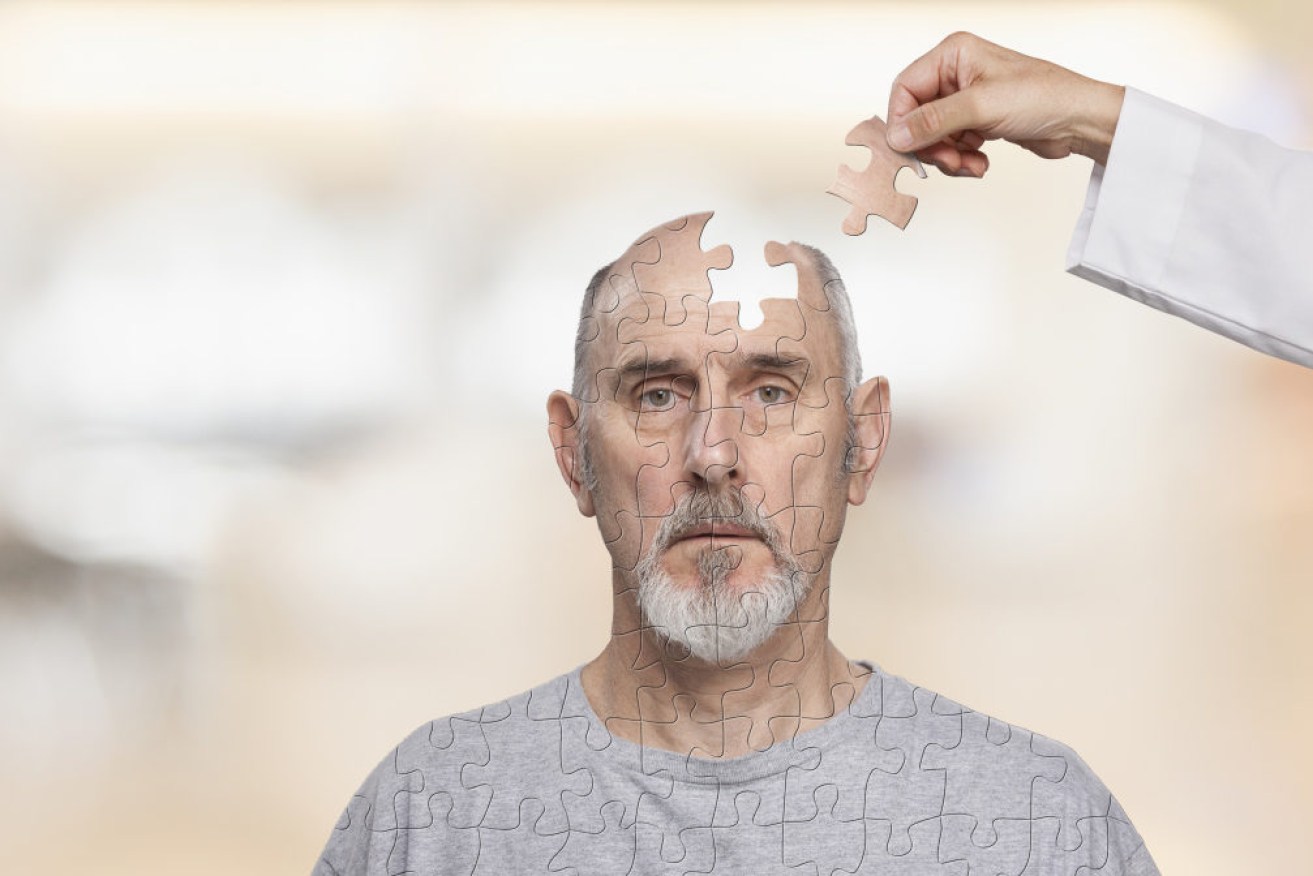Memory loss from ageing and disease can be reversed, studies suggest


Two separate studies have found different paths to restoring lost memories. Photo: Getty
Two separate studies have for the first time shown promise that memory loss can be reversed. The first study focused on people with Alzheimer’s.
The second, and more far-reaching study, Toronto’s Centre for Addiction and Mental Health (CAMH), tackles memory loss linked to depression and ageing.
In other words, it offers hope to just about everyone – simply because we all eventually suffer cognitive decline.
New molecules derived from common sleeping pills
The Toronto scientists have developed new therapeutic molecules – derived from common anxiety and sleeping pills such as Xanax and Valium – that not only “rapidly improve symptoms”, but also appear to “renew the underlying brain impairments causing memory loss in preclinical models”, according to a statement from CAMH released on Valentine’s Day.
Dr Étienne Sibille is deputy director of the Campbell Family Mental Health Research Institute at CAMH and lead scientist on the study. He said: “Currently there are no medications to treat cognitive symptoms, such as memory loss, that occur in depression, other mental illnesses and ageing.
“What’s unique and promising about these findings, in the face of many failures in drug development for mental illness, is that the compounds are highly targeted to activate the impaired brain receptors that are causing memory loss.”
It may prevent memory loss at Alzheimer’s onset
Dr Sibille said that the brain improvements demonstrated in experiments suggest the new molecules could help to prevent the memory loss at the beginning of Alzheimer’s disease, potentially delaying its onset.
The researchers began by first identifying the specific impairments to brain cell receptors in the GABA neurotransmitter system. The natural function of GABA, an amino acid, is to reduce the activity of the neurons to which it binds. It inhibits nerve transmission in the brain, calming nervous activity.
The scientists were able to demonstrate that impairments to the GABA system “likely caused mood and memory symptoms in depression and in ageing”.
The new molecules – invented to accurately target and fix these impairments – chemical “tweaks” of benzodiazepines which also activate the GABA system, but are not highly targeted.
A single dose of these new molecules was administered to mice suffering stress-induced memory loss.
“Thirty minutes later, memory performance returned to normal levels, an experiment that was reproduced more than 15 times,” according to the CAMH statement.
In another experiment with old mice, memory declines were rapidly reversed and performance increased to 80 per cent after administration, essentially restoring memory function to that equalling young mice. This improvement lasted over two months with daily treatment.
Old brain cells reborn as new
“The aged cells regrew to appear the same as young brain cells, showing that our novel molecules can modify the brain in addition to improving symptoms,” said Dr Sibille.
“We’ve shown that our molecules enter the brain, are safe, activate the target cells and reverse the cognitive deficit of memory loss.”
Human trials are expected to begin in two years.
Meanwhile, researchers from the University of Buffalo, have shown they are able to reverse Alzheimer’s memory decline in mice by focusing on epigenetics – changes to gene expression (switching genes on and off) that don’t affect an animal’s DNA.

Professor Zhen Yan,focusing on changes to gene expression tend to occur in the later stages of Alzheimer’s. Photo: University of Buffalo
Epigenetics deal with heritable traits that cause certain conditions to be passed from one generation to the next. In Alzheimer’s, these changes to gene expression tend to occur in the later stages of the disease.
The breakthrough here is that the scientists have identified the epigenetic factors that contribute to memory loss.
But they also found ways to “temporarily reverse them in an animal model of Alzheimer’s disease,” said senior author Zhen Yan, a State University of New York distinguished professor in the Department of Physiology and Biophysics in the Jacobs School of Medicine and Biomedical Sciences at the University of Buffalo.
In a prepared statement she said: “An epigenetic approach can correct a network of genes, which will collectively restore cells to their normal state and restore the complex brain function.”








